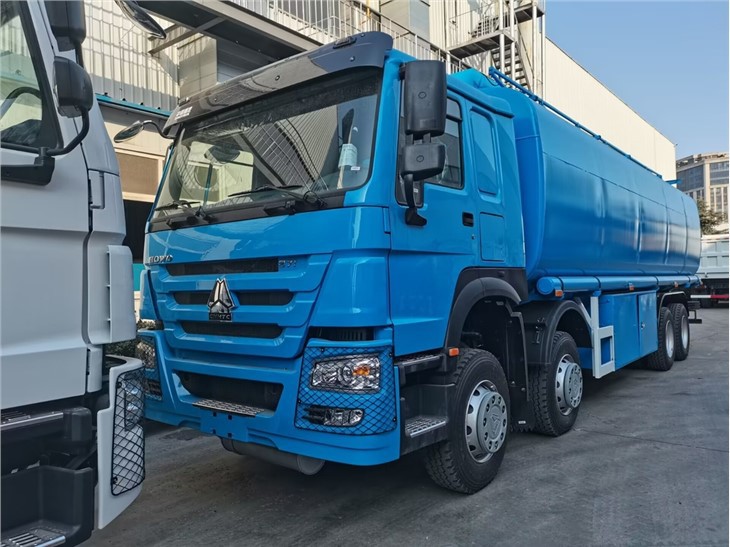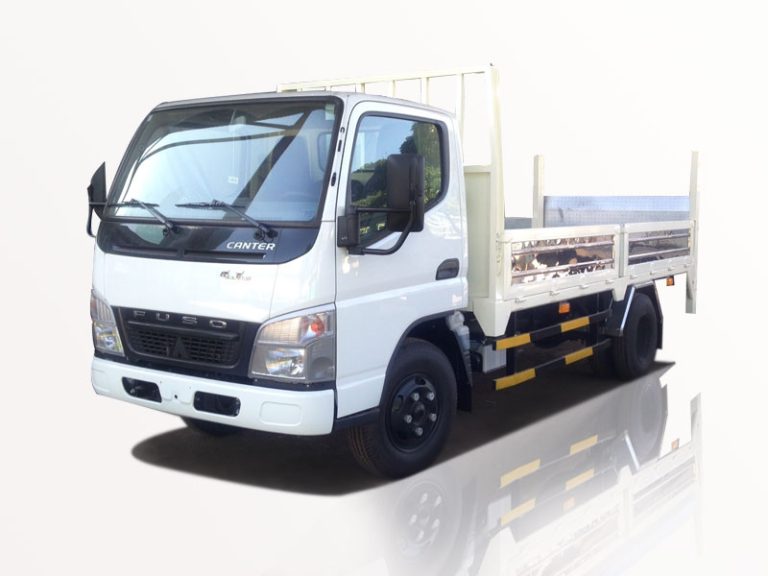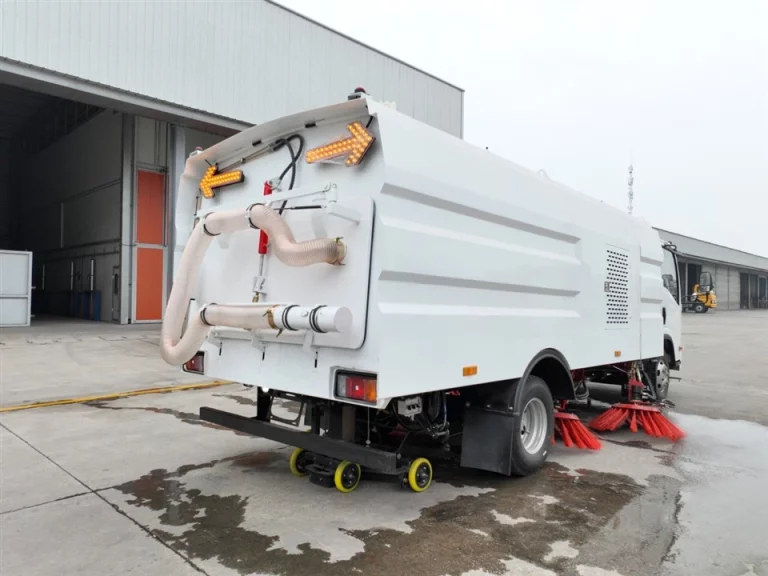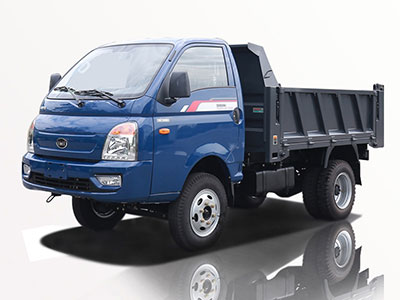In recent years, the trend of converting fire trucks into RVs has gained significant popularity. These unique vehicles captivate enthusiasts due to their distinct designs, spacious interiors, and the adventurous spirit they embody. This comprehensive guide will delve into the concept of fire truck RVs, covering everything from their history and design to practical tips for purchasing and converting one.
Table of Contents
- History of Fire Trucks
- Why Choose a Fire Truck RV?
- Conversion Process
- Features of Fire Truck RVs
- Costs Involved in Fire Truck RVs
- Maintenance Tips
- Where to Buy Fire Truck RVs
- Frequently Asked Questions
History of Fire Trucks
The history of fire trucks is as rich as it is varied. Firefighting vehicles have evolved significantly over the years. The first fire engine appeared in the early 1700s, primarily being horse-drawn. With advancements in technology, fire trucks transitioned to steam-powered engines and eventually to modern-day motorized vehicles. This evolution set the stage for innovative designs, including fire truck RV conversions.
The Transition to RVs
As the recreational vehicle market grew in the 20th century, creative individuals began converting fire trucks into personal RVs. This trend has increased due to the vehicles’ structural integrity, spaciousness, and unique aesthetic appeal.
Why Choose a Fire Truck RV?
Choosing to convert a fire truck into an RV presents numerous advantages.
Unique Aesthetic Appeal
Fire truck RVs stand out in any camping scenario. Their bright colors and distinctive designs attract attention, making them perfect for socializing at campsites.
Spacious Interiors
Fire trucks offer vast space compared to traditional RVs. Their extended cab and box truck layout provides room for various living configurations.
Example Layouts
| Configuration | Description |
|---|---|
| Living Quarter Conversion | Includes a kitchenette, lounge area, and sleeping quarters. |
| Outdoor Adventure Setup | Features multiple storage compartments for camping gear, bikes, etc. |
| Family-Friendly Design | Accommodates family members, with bunk areas for children. |
Conversion Process
Converting a fire truck into an RV requires planning, creativity, and execution. Here’s a step-by-step guide on how to convert a fire truck:
Step 1: Purchase the Right Fire Truck
Look for fire trucks that are decommissioned but in good condition. Check for rust, engine performance, and other critical factors. Preferably purchase from reputable dealers or auctions.
Step 2: Plan Your Layout
Before starting the conversion, determine how you want the interior to look. Consider how many people will sleep, cooking facilities, and storage needs.
Step 3: Strip the Interior
Remove unnecessary firefighting equipment and interior items. This will help create a blank canvas for your design.
Step 4: Insulate and Install Utilities
Adding insulation is essential for maintaining a comfortable temperature inside your RV. Follow insulation with the installation of plumbing and electrical systems.
Step 5: Furnish and Decorate
Use lightweight, durable materials for furniture. Don’t forget to add personal touches that reflect your style.
Features of Fire Truck RVs
Fire truck RVs come with unique features that set them apart from traditional RVs:
Durable Construction
Fire trucks are built to last, often featuring robust frames and high-quality materials. This durability translates well in RV conversions.
Large Water Tanks
Most fire trucks come equipped with large water tanks, which can be repurposed for RV use, like holding fresh water for kitchens or bathrooms.
Ample Storage Space
The compartments designed for firefighting tools can be perfect for storing camping gear, clothing, and recreational equipment.
Costs Involved in Fire Truck RVs
Understanding the costs involved in acquiring and converting a fire truck into an RV is crucial for planning your budget.
Initial Purchase Cost
The price of a used fire truck can range from $5,000 to $20,000 depending on the model, age, and condition.
Conversion Costs
Conversion costs can vary widely based on your design; expect to spend anywhere from $10,000 to $50,000 for materials and labor.
Ongoing Maintenance Costs
Maintenance can add up over time, including regular inspections, oil changes, and repairs. Allocate a budget of $100-$300 monthly for routine upkeep.
Maintenance Tips
Proper maintenance ensures your fire truck RV remains reliable. Here are some tips:
Regular Inspections
Schedule regular engine and structural inspections to catch potential issues early.
Keep the Exterior Clean
Regularly wash and wax the truck to protect its paint and beauty.
Monitor Fluid Levels
Regularly check and replace engine oil, coolant, and brake fluids to ensure optimal performance.
Update Insulation
Ensure your insulation is effective to avoid temperature extremes and improve energy efficiency.
Where to Buy Fire Truck RVs
Finding the right fire truck for conversion can be exciting. Here are some resources:
Online Auctions
Platforms like eBay and GovDeals often have listings for decommissioned fire trucks.
Local Fire Department Auctions
Check with local fire departments for sales on outdated vehicles.
Specialized Dealers
Look for dealers specializing in emergency vehicles, as they can have quality selections and helpful advice.
Frequently Asked Questions
1. How much does it cost to convert a fire truck into an RV?
The total cost can range from $10,000 to $50,000, depending on the design and materials used.
2. Are fire trucks reliable for long road trips?
Yes, fire trucks are built for durability and can handle long-distance travel if properly maintained.
3. Can I live in a converted fire truck full-time?
Yes, many people live full-time in converted fire trucks, especially if they are well-equipped and comfortable.
4. What fuel do fire trucks typically use?
Most modern fire trucks run on diesel fuel, which is important to consider for long-term operational costs.
5. How many people can a fire truck RV accommodate?
A typical fire truck conversion can accommodate 4-6 people comfortably, but this can vary based on the layout.
6. Do fire truck RVs have bathrooms?
Many conversions include a bathroom facility, but this will depend on the specific design and layout chosen.



